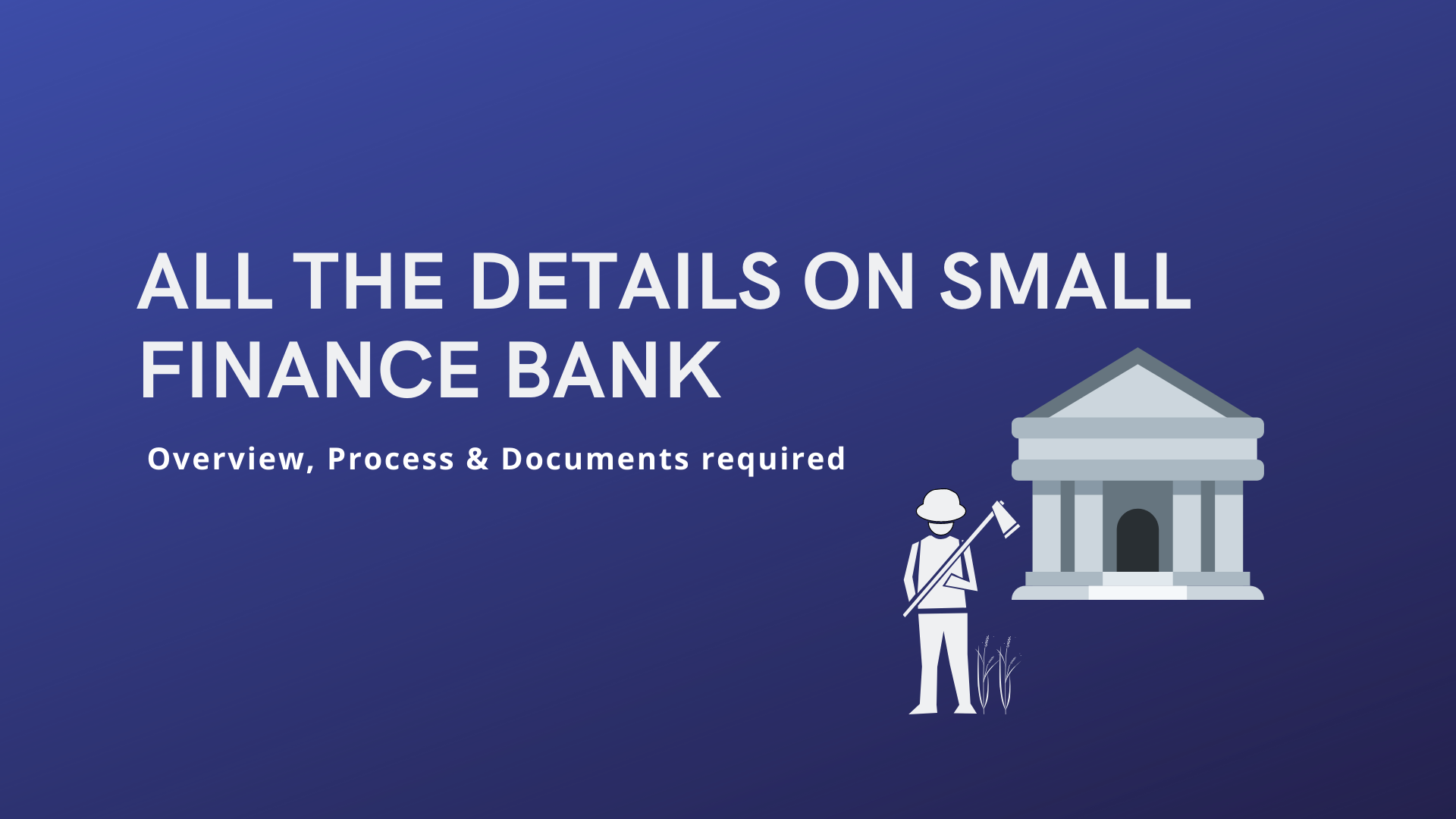

How to discover and understand the level of your emotional intelligence
If Daniel Goleman is to be believed emotional intelligence is often more important than intellectual intelligence.

https://unsplash.com/photos/pvhRKEjhtf8
If Daniel Goleman is to be believed emotional intelligence is often more important than intellectual intelligence. Whether that is true or not is still up in the air. It might in fact, be a false dichotomy, with the two strongly related and even lighting up the same parts of the brain. Still, whether they are completely different things or two different facets of the same thing that does not change that emotional intelligence has its uses.
But what is it? Specifically, I mean.
What is Emotional Intelligence?
In his book, Emotional Intelligence, why it can matter more than IQ Daniel Goleman explains that emotional intelligence is the capacity to reason about emotions and emotional information and of emotions to enhance thought.
This means that if you have high emotional intelligence you are:
1. Aware of the emotions of others, so, for example, you can read them from their body language, their tone of voice, what they are saying or some combination of those three.
2. The capacity to manage your emotions so that they do not interfere with your goals and ambitions, as well as being able to manage the emotions of others – for example calming down somebody who is distressed, or making somebody who is down feeling better.
3. To yoke your emotions to your goals and direct them towards the task that you are trying to accomplish like ones on Pickwriters.com, allowing them to help rather than hinder you.
People that have high emotional intelligence, therefore, are capable of solving emotional problems accurately and quickly. For example, they will be capable of reading emotions from faces and they know how certain emotional responses to aid their thinking, so for example, if they were sad, they would use that time to think analytically.
Furthermore, they understand what emotions in other people mean. So, for example, if somebody is angry, they understand that this might be a dangerous situation to be in, that happy people want to have company, while if they are unhappy they might want their own space.
And finally, people who are emotionally intelligent know how to use other people’s emotions. So they would know to wait if they just angered somebody with inviting them to a party. What it is not is happiness, calmness, motivation, optimism or agreeableness.
How to understand an Emotional Intelligence?
So how do you know how you fare?
It is a vital question, as social skills are one of the most important skills out there. It has been associated with many good things, such as academic and occupation success, resistance to stress, and better relationships. What’s more, it is one of the last areas that will be taken over when our machine overlords do arrive, which means pretty good job security.
We all think we are good at detecting lies, for example, but when it really comes down to it we are 4% better than a coin toss – and that while we have an immensely sophisticated computer between our ears and a coin is just a lump of metal.
There are probably a lot of reasons for why we are bad at detecting emotions, but one important one is that the normal mechanism for learning – try and feedback – does not apply very strongly in the case of emotional intelligence. This is because though we might have models of what emotions other people are feeling we do not broadcast those models. Add those social interactions are immensely complicated, and the feedback element falls by the wayside.
The best solution, obviously, would be to teach people. Then we could bring the feedback back into the equation and people would actually improve. Some pilot studies have shown this to work. And schools are starting to teach their kids about emotional intelligence, in the hope that it will boost their chances in the real world as well as their academic success.
Unfortunately, for us oldies, it is not a great help. For some reason, they will not let us onto school property during the day to huddle by the windows and stare at children. And so we have to make our own way. In fact, if you search for ‘learning emotional intelligence’ the main sites that pop up are all directed at teaching it to youngsters.
As if the current grownup generation would not benefit from getting to grips with their emotional life!
Fortunately, there are some tools available to discover your emotional intelligence, and though most of them are wishy-washy instructions like ‘learn to read people’s body language’ and ‘develop more empathy’ (oh, thank you, but how do I learn that?) it is not all completely useless. The best place to start is probably this quiz by Greater Good, by Berkley. They offer an interesting and engaging quiz to see how you fare at reading other people’s emotions, which goes quite a few steps beyond the ordinary anger, disgust, happiness and surprise emotions.
This will give you a base rating of how good you are and how much work you need to do at least at understanding other people’s emotions. From there, you can start looking into other resources.
Last thoughts
Emotional intelligence is not the be all and end all of the emotions. That said, it is pretty damned useful. Not being emotionally intelligent means that often your emotions – rather than helping you get where you want to go – are going to hinder you and get in your way.
What’s more, it will not just be your emotions that are a problem. The emotions of other people will, rather than oil your way forward, instead be obstacles to overcome. Now, who would want to live in a world like that?
Particularly seeing as emotional intelligence can be learned! It is just a matter of applying yourself. And though that might sound strange (you have to apply yourself to learn how to successfully apply yourself?) that does not make it any less true.
So embrace your Emotional Intelligence. Because the world is not just cognitive. It is an emotional roller coaster and you do not want your cart to be thrown off the rails.




